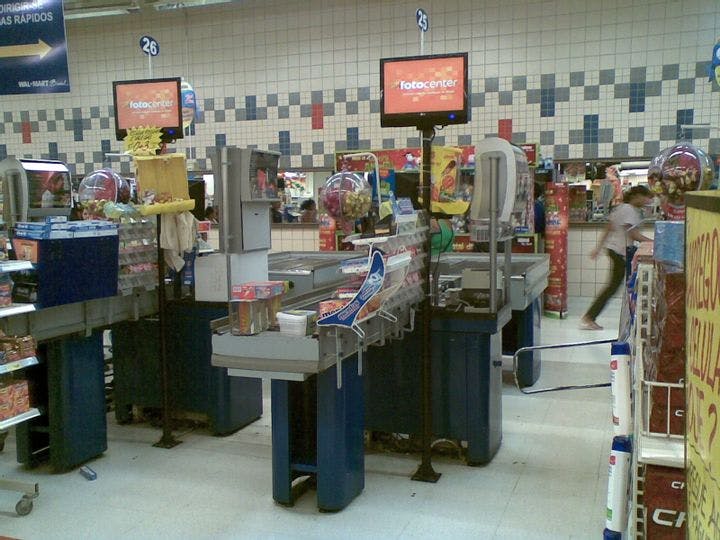Summer 2009
Speedy Spillovers
– The Wilson Quarterly
Placing even a single superworker among slower ones will boost the speed of the entire group.
When a speedy cashier steps up to a register in a row of supermarket checkout stations staffed by slower-moving clerks, a surprising “spillover effect” occurs, write Alexandre Mas and Enrico Moretti, economists at the University of California, Berkeley. The other cashiers who can see the faster worker speed up.
Placing even a single superworker among slower ones will boost the speed of the entire group.
Mas and Moretti studied the productivity of 394 cashiers working for six stores in a national supermarket chain. They found that the introduction of a single superworker boosted the speed of the entire group by one percent. Such top achievers scanned and sometimes bagged 30 percent more items than their slowest counterparts. The slower cashiers apparently felt “peer pressure” to pick up the pace in the presence of the faster scanner to avoid shame, or even informal or formal “sanctions” for free riding, the authors conclude. And the closer a cashier was stationed to one of the speed demons, the more likely that cashier was to step it up. But the opposite did not happen. The faster workers seemed unaffected by the rate of their coworkers and didn’t flag. Once speedy, virtually always speedy, the authors found.
The sociology of the checkout world could save supermarket chains and other group production enterprises big money, Mas and Moretti write. Worker productivity is greater when high-skilled and low-skilled workers are scheduled on the same shift. For the firm they studied as a whole, achieving the optimum mix of workers could have saved 123,529 hours of labor annually. At current wages, this adds up to $2.5 million every year.
THE SOURCE: “Peers at Work” by Alexandre Mas and Enrico Moretti, in American Economic Review, March 2009.
Photo courtesy of Flickr/Márcio Cabral de Moura
